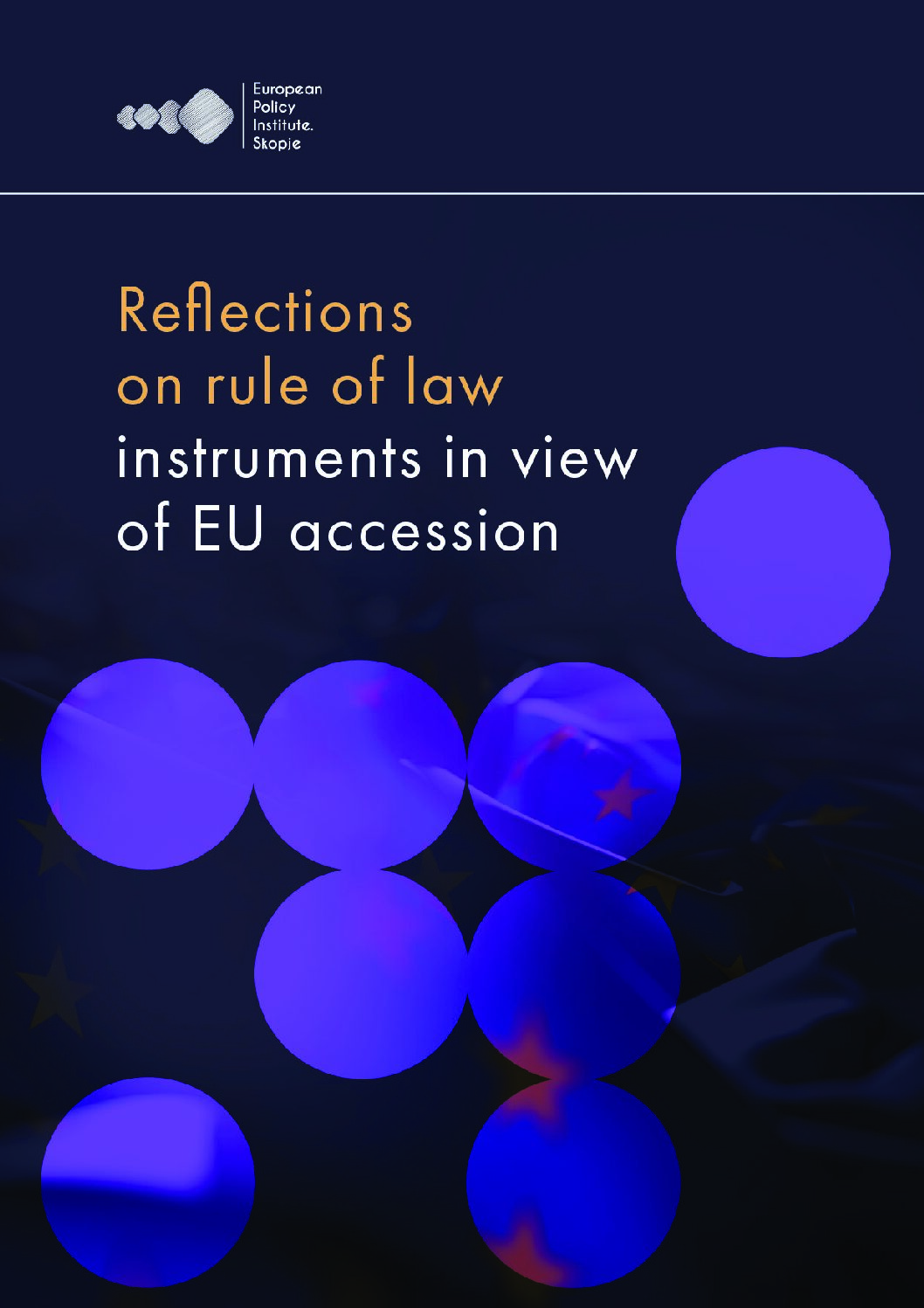Reflections on rule of law instruments in view of EU accession
The European Union (EU) has long been committed to promoting democracy, human rights, and the rule of law within its member states and in candidate countries seeking EU membership. These core values are fundamental not only to the EU’s internal cohesion but also to its external relations and particularly its enlargement policy, which features a “fundamentals first” approach. The EU has recently opened its door for candidate countries to some of its key rule of law mechanisms and institutions, such as the EU Rule of Law Report, the work of the Fundamental Rights Agency and the European Economic and Social Committee. At the same time, the New Growth Plan for the Western Balkans – a new instrument supporting socio-economic development and EU accession reforms – has placed rule of law at the centre by incorporating a preconditions for the new EU financial support. These recent initiatives showcase the EU’s strategic efforts to ensure that rule of law principles are upheld during the region’s integration into the EU.
Together, these initiatives highlight the EU’s dual approach to fostering both economic growth and democratic governance in the Western Balkans. However, the challenges associated with their implementation underline the need for continuous refinement and support to ensure that these mechanisms achieve their intended impact. This paper explores the opportunities and challenges surrounding the implementation of these instruments and offers recommendations to enhance their effectiveness in promoting stability, prosperity, and adherence to European values in the region.







